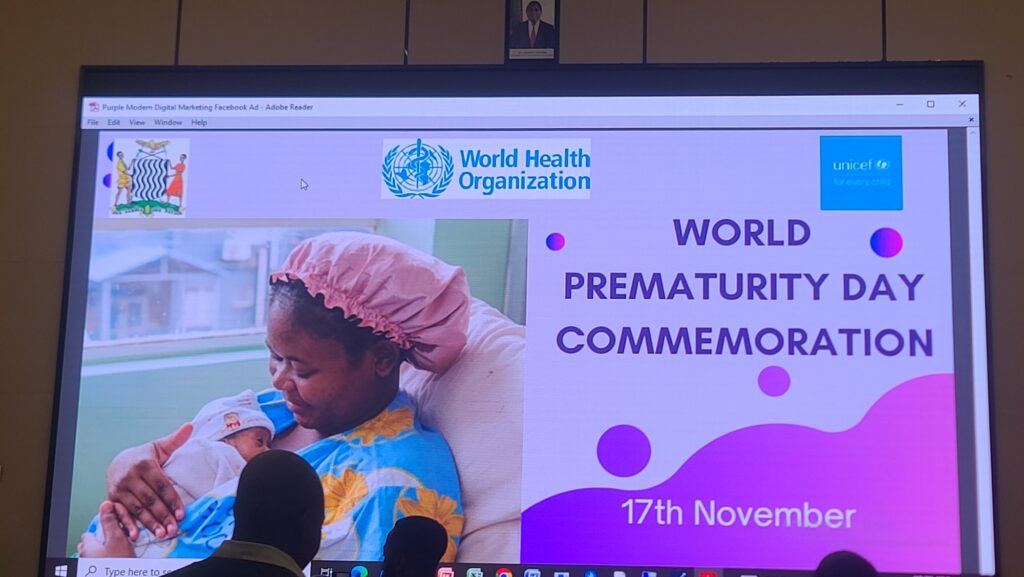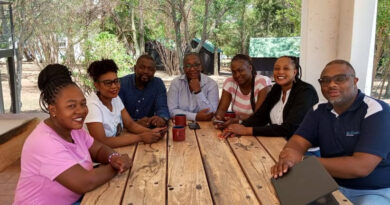Zambia Celebrates World Prematurity Day and Launches New Baby Care Guide
Zambia today joined the rest of the world in commemorating World Prematurity Day, observed annually on 17 November, with a renewed national commitment to improving the survival and wellbeing of preterm babies.
The event was officiated by Health Minister Dr Elijah Muchima, who was represented by Lusaka Provincial Health Director Dr Simulyamana Choonga.
Dr Muchima noted that this year’s theme, “Give Preterm Babies a Strong Start for a Brighter Future,” mirrors the World Health Organization’s 2025 World Health Day message: “Healthy Beginnings, Hopeful Futures.”
He said the theme highlights the urgent need to strengthen health interventions before birth, during childbirth, and immediately after delivery to ensure better outcomes for premature babies.
He added that World Prematurity Awareness Month offers an important opportunity for Zambia to recommit to ensuring that every newborn—no matter how early or small—receives the care, love, and support required to survive and thrive.
Despite improvements in reducing child mortality, prematurity remains the leading cause of death among newborns and young children in the country, accounting for 20% of all under-five mortalities.
Dr Muchima emphasised that investing in newborn care is critical to achieving further reductions in child mortality. He explained that the National Health Strategic Plan (2022–2026) prioritises maternal, newborn, and child health as essential to meeting Sustainable Development Goal 3, which focuses on ensuring healthy lives and promoting wellbeing for all.
During the commemoration, the Health Minister officially launched the Kangaroo Mother Care (KMC) Guidelines, a resource aimed at enhancing the capacity of healthcare workers and caregivers in providing specialised care for preterm infants. The guidelines outline evidence-based practices that promote bonding, warmth, and improved survival rates.
Dr Muchima also announced that the Ministry of Health, with support from UNICEF, has received a consignment of essential newborn and critical care equipment. The items will be distributed to UTH Women and Newborn Hospital, Mongu District Hospital, Petauke District Hospital, and Kapiri Mposhi District Hospital to strengthen neonatal care.
The equipment includes phototherapy irradiance meters, CPAP machines with compressors and oxygen concentrators, pulse oximeters with neonatal sensors, infusion pumps, baby cots, and various critical spare parts and consumables.
Dr Muchima said the investment will enhance neonatal care readiness, support timely management of complications, and boost the capacity of these facilities to deliver high-quality care for newborns.



